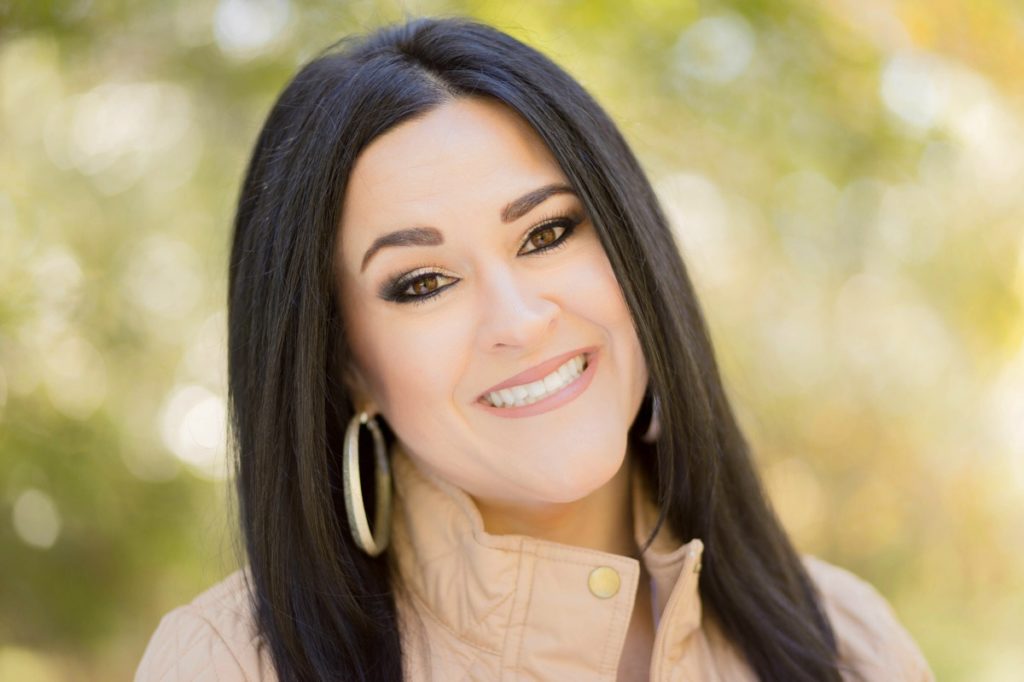
Eleven years ago on Mother’s Day, I was driving down a winding Texas Hill Country road thinking about how much I loathed who I had become. I had been abusing alcohol for years and had severe, untreated depression.
I was lying to my employer about the work I was doing (I was not doing it). I would not return client phone calls knowing they would remind me I was not doing the job I was entrusted to do. I was deeply ashamed that I was throwing away the career my family had cleared the path for through their many sacrifices. I tried but could not stay sober. I read self-help books, but still felt numb and hopeless.
As the road twisted and turned, I thought to myself, “All I have to do to end it all would be to drive off this road into one of these canyons.” And on that night, 11 years ago, that is exactly what I did. I lived. At the request of my family, I entered treatment in a dual program for substance abuse and depression.
In my earliest memories, even as far back as childhood, I always had a restless mind. I like to refer to it as my hamster in the wheel. That hamster was always running. It was not always a bad thing. As a law student, it helped me stay up and study days in a row for finals. As a lawyer it helped stay up days in a row to try a case.
My hamster not only ran marathons in my head, he also told me things like, “You’re a phony,” “You’re dumb,” “You aren’t loveable” and “If anyone knew who you really were, they would never accept you.” I completely and wholeheartedly believed that hamster.
Now, I know this to be the maladaptive narrative created by depression. Despite my objective life not comporting with anything that hamster was saying, I bought into those hurtful messages and for decades they swirled in my head.
My struggles with alcohol and depression felt like personal failure. I could not comprehend why I could not fix them myself. After all, when it came to just about everything else, if I worked hard enough, I got the result I wanted. This was not the case with my substance abuse or depression.
It was not until I reached out for help that I was able to experience recovery and remission. That help began when a lawyer colleague of mine suggested that I call the Texas Lawyers’ Assistance Program while I was in treatment after my suicide attempt. I had no idea what TLAP was. I called anyway. That call changed my life.
One of the many services TLAP offers lawyers, judges and law students is peer support. TLAP has a legion of trained lawyer volunteers who have had challenging life experiences and are ready to offer their support to lawyers who are struggling. When I made that call, TLAP connected me with a lawyer peer who had been through a similar experience with alcohol and mental health. Her counsel was invaluable. I had no idea how to navigate life sober or how to tend to my mental health.
This peer shared with me how she had regained her life and joy. I followed her suggestions. Eventually, the light and joy came back to my own life. Reaching out to TLAP saved my life and my career.
It is an honor and a dream come true that I now have the opportunity to serve this program and Texas lawyers as its director.
According to an American Bar Association study in 2015, more than one in five attorneys has a serious drinking problem. Likewise, 46% of attorneys suffer from depression at some point, and suicide is the third-leading cause of death for attorneys. TLAP was created to address these problems and its mission is to help any lawyer, judge or law student struggling with these issues.
TLAP operates and staffs a confidential, 24-hour help line: 1-800-343-TLAP. Lawyers, judges and law students who call this line can be referred to providers in their area who can assist them and/or receive peer support. TLAP also educates the legal community about common attorney impairments, solutions to and resources for those problems through CLEs and other types of presentations.
TLAP works with more than 1,000 attorneys and law student volunteers statewide so that impaired attorneys may be connected to direct peer support when appropriate. The program coordinates with lawyer and law student support groups across Texas to help them build a support network in their community. TLAP can also connect qualifying lawyers, judges and law students to funding for substance use treatment or mental health care (including counseling) through the Sheeran-Crowley Trust.
If it’s not clear by now, TLAP is here to help. We are a staff of lawyers who understand what it feels like to lose a summary judgment motion. We were law students and remember what it feels like to get your grades back after the first round of law school final exams. We know the pressures of balancing family life and the demands of this profession. If you are experiencing stress, anxiety, depression, a substance use issue, you are not alone. We are a phone call or a text away: 1-800-343-TLAP.
Erica Grigg is a 2001 graduate of the University of Texas Law School and spent several years as a litigation attorney at Spivey & Grigg LLP in Austin. She is now director of the Texas Lawyers’ Assistance Program.
